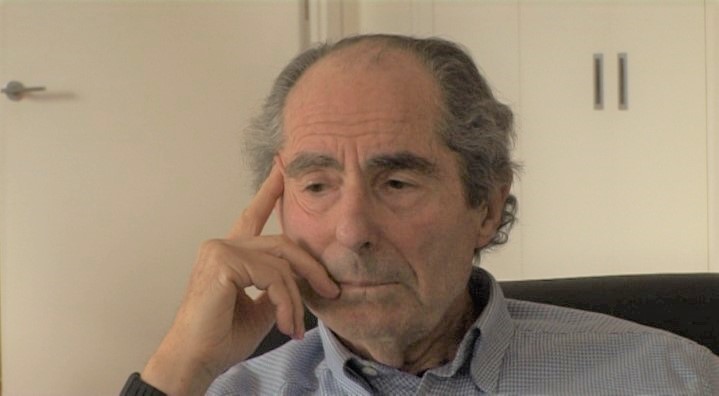NEXT STORY

Goodbye Columbus
RELATED STORIES

NEXT STORY

Goodbye Columbus
RELATED STORIES


|
Views | Duration | |
|---|---|---|---|
| 1. Early days and my family | 2 | 2171 | 06:08 |
| 2. Neighborhoods | 1 | 1092 | 02:40 |
| 3. The war and anti-Semitism | 1 | 1147 | 01:32 |
| 4. My brother Sandy | 2373 | 01:37 | |
| 5. Freedom! | 997 | 02:47 | |
| 6. The University of Chicago and the army | 1121 | 02:18 | |
| 7. Becoming a writer: my first taste of adulthood | 1186 | 01:44 | |
| 8. Defender of the Faith | 1792 | 02:30 | |
| 9. Goodbye Columbus | 1177 | 01:11 | |
| 10. Letting Go | 1040 | 01:33 |

Defender of the Faith was rowdily condemned by various Jewish establishment figures and by readers of The New Yorker who cancelled their subscriptions. It was condemned as anti-Semitic and I was denounced as a self-hating Jew, and I was stunned by this response. I didn't have any idea whatsoever that this story was going to be offensive or so offensive, and when I re-read it at the time I could see how you can misread it that way, but none the less, this was my introduction to being a writer in the real world. The New Yorker answered – in a formal letter of some kind – answered all the people who wrote to them. I got a telephone call from the B´nai B´rith Anti-Defamation League asking if they could see me. Now, I had great respect for the B´nai B´rith Anti-Defamation League, it was one of the few organisations in America at that time that was fighting bigotry and discrimination. And I had been a kid… as a kid in high school I'd been highly alert to bigotry and discrimination in the great world and aligned up against it of course. So now here I was described as a bigot.
The B´nai B´rith people called me up, and could I see them? I said sure, so I went to lunch with two guys and I was... I was still in my middle 20s, and they were wonderful actually, because they said, look, we have a constituency and we have to represent them, but we don't agree with them about you and this story. So I had my supporters and that was good, I didn't want to feel aggrieved at the time, I mean it would have been a terrible to feel aggrieved going into a career.
The fame of the American writer Philip Roth (1933-2018) rested on the frank explorations of Jewish-American life he portrayed in his novels. There is a strong autobiographical element in much of what he wrote, alongside social commentary and political satire. Despite often polarising critics with his frequently explicit accounts of his male protagonists' sexual doings, Roth received a great many prestigious literary awards which include a Pulitzer Prize for fiction in 1997, and the 4th Man Booker International Prize in 2011.
Title: "Defender of the Faith"
Listeners: Christopher Sykes
Christopher Sykes is an independent documentary producer who has made a number of films about science and scientists for BBC TV, Channel Four, and PBS.
Tags: The New Yorker, B'nai B'rith Anti-Defamation League, Defender of the Faith, The New Yorker
Duration: 2 minutes, 30 seconds
Date story recorded: March 2011
Date story went live: 18 March 2013